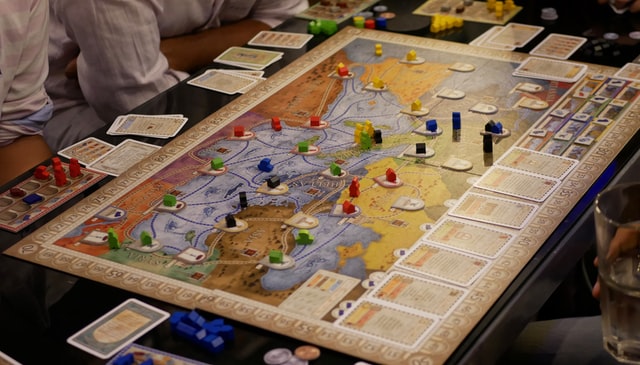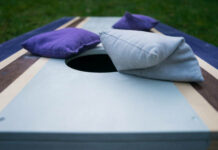Board games can bring the family together for a night of laughter and fun. But any good board game player knows just how long the setup process can take. When an incident expands fema. We’ve compiled 10 best practices that will keep your games running smoothly, so you can focus on what’s important: dominating the competition!
1) Always, ALWAYS unpack all pieces before you start.
This should go without saying. You wouldn’t begin a game of Monopoly before all players have their money and properties. You shouldn’t start a game of Risk, Catan, or Agricola until you’ve put in all the pieces. It’ll cut down on setup time once everyone arrives and you don’t have to stop midway through setting up one game after another.
2) Use a box or tray to store the game pieces that you use often.
If you’re in a pinch and need to play a game that requires little to no setup time, these pieces will be ready to go! This will make setup quicker, as it eliminates the need to take out every single piece from its box before playing a new game.
3) Bring along some plastic, wooden blocks for new players who need to learn how to play a board game.
Dummy playing pieces are easier to move and manipulate, as well as easy to paint or customize. Your friends may need some assistance to learn the rules, and these plastic blocks can help teach them the game before play starts. Use them as a resource for teaching players how to set up their own games.
4) Take your time packing when playing games.
You don’t want to spend all night packing and unpacking just so you can play a board game. Pack up as quickly as possible when you’re done playing. Before someone else can start a new game, you’ll want to make sure you have all of your pieces packed up and placed back into their original boxes. This will cut down on having too much stuff in the house that seems like ‘just in case’ clutter but will only be used once or twice per year.
5) Use a folded up sheet to cover game pieces that others are still using.
This will make sure that the board game pieces aren’t mixed up with others that no longer have anyone playing. This way, the other players won’t see the pieces you’re using or how much room they’ll take up in a box. You can make a little tent for the game piece, so players don’t need to see it or accidentally move it. This is especially useful for family members who aren’t as familiar with the game.

6) Bring along extension cords, power strips and/or surge protectors to help in setting up areas where everyone can play at once.
If you have longboard games in which everyone has to sit at the same time, this might be useful. Or consider using a TV stand as a place to plug in an extra outlet for the next game. This will help prevent long waits in between setups, as players can move around without having to take down bits and pieces. This will ensure that there is no power outage that could disrupt play. Remember to turn off any power strips or surge protectors when not in use!
7) Don’t get frustrated if you lose your patience during setup time.
Be sure to have a few backup games in tow so you don’t ruin the night for the rest of your family. Be sure the batteries in any remote controls are fully charged. Most family members are more interested in playing than in setting up the board game, so don’t take it personally. Take a break and come back when you’ve cooled down. You’re all in this together, so it’s better to just keep moving forward.
8) If you use cardboard tokens or other small pieces that get lost, replace them with the plastic ones.
Cut them up and give them to players who need them. They are a bit more expensive but you’ll spend less money and time replacing them!
9) Set up a reward.
This way, you can get everyone involved in setting up the next game faster. If kids want to play war games and leave everything on the game table, set up a reward system for everyone who helps get all the pieces ready for the next game.
Every board game player needs to work together in order to get the games ready for play.
10) Bring along a box or carton of old board games to knock out during the growing season.
You never know when you’ll find something you’ve missed in the past but still want to play.
The trick is to not overdo it with the knock-outs and just bring along a few games at first for new players.
Conclusion:
As a board game player, you know how important it is to keep working together as a family unit. Now it’s up to you to use these best practices and make everyone enjoy having fun in the process! You can get rid of old board games that aren’t played anymore or you can use them as a resource to buy board games for your next school party or family gathering.










